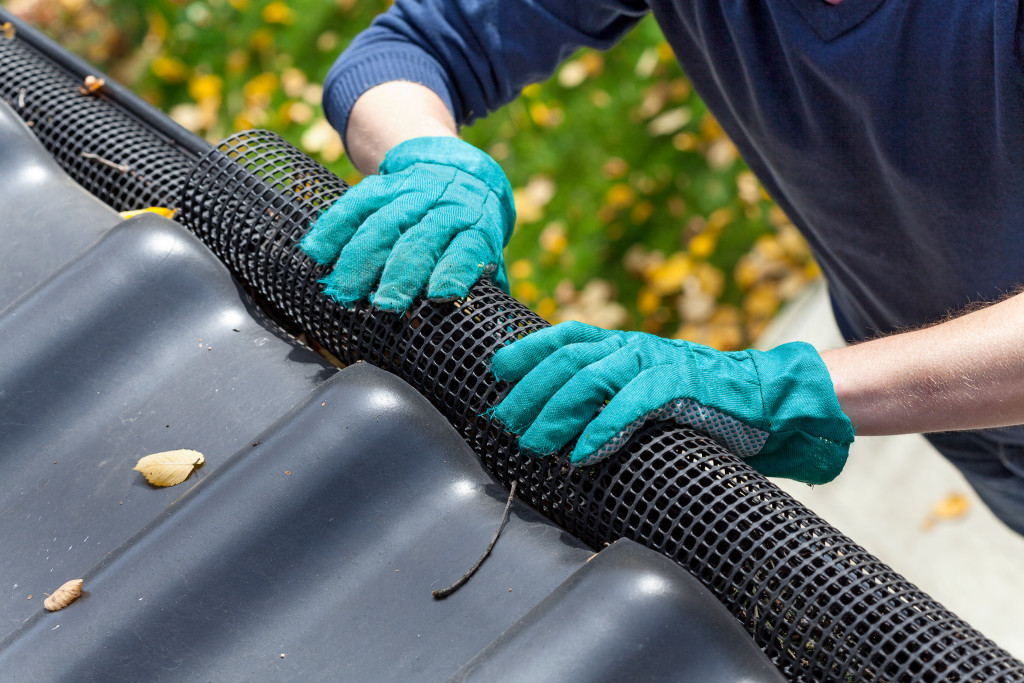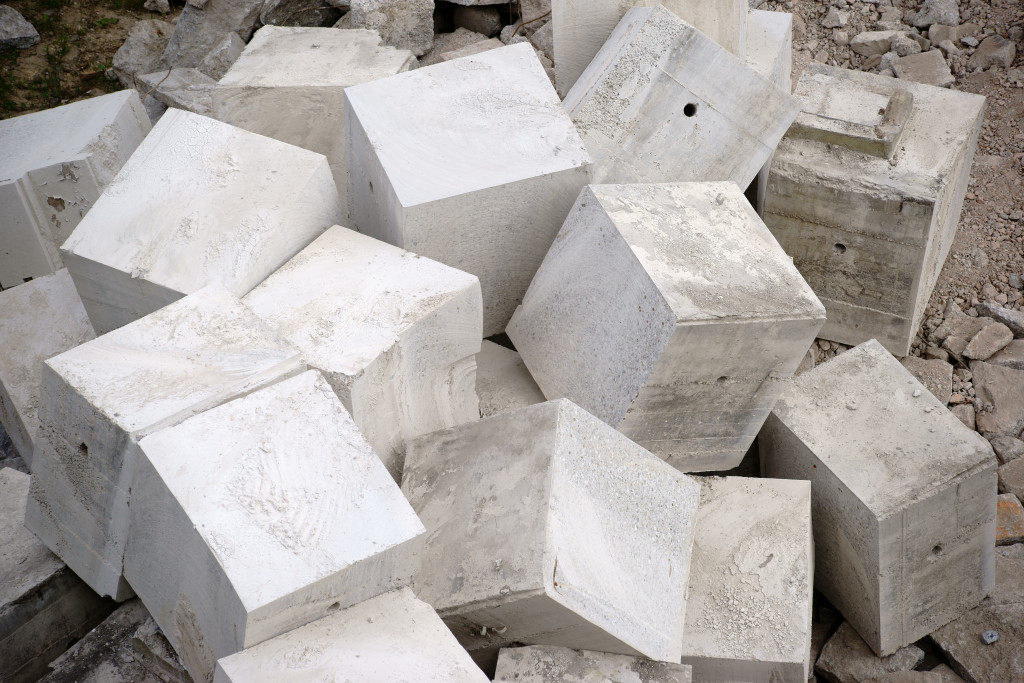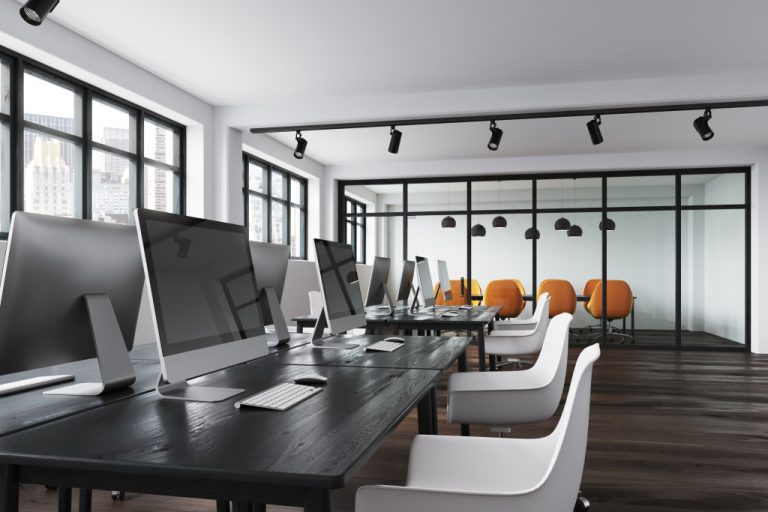- Installing rain gutters and downspouts is an effective way to keep commercial properties dry.
- Working with a professional flood mitigation company can provide advice on reducing the risk of flood.
- Ensure all gutters and catchment basins are correctly cleaned to avoid blockages.
- Adjusting the grading and elevation of a property can help protect critical equipment in the event of flooding.
Flood-proofing a commercial property is essential for protecting assets, minimizing disruptions in business operations, and avoiding costly repairs. While it’s impossible to eliminate the risk of flooding, several strategies can help reduce the chances of flooding and minimize any damage should an issue arise. In this article, we’ll explore five key ways that owners and managers of commercial properties can ensure their property remains flood-free. Following these tips can protect your business from costly damages and maximize productivity.
1. Install Raingutters and Downspouts
Properly installed and maintained rain gutters and downspouts are essential for keeping your commercial property dry. The gutters collect the water from the roof, while the downspouts then lead it away from your building to drain it in a safe location. Contact a professional to ensure that rain gutters are correctly installed and maintained.
2. Work with a Professional Flood Mitigation Company
Working with a professional flood mitigation company specializing in effective commercial water damage can be one of the most effective ways to ensure your commercial property stays flood-free. The right company will be able to provide advice on protecting your property from flooding and take preventative measures, such as installing drainage systems and checking valves, which help reduce the risk of flooding. They may also be able to provide advice on how to repair any damage caused by flooding, such as commercial water damage, and help you restore your property to its former glory.
3. Ensure All Gutters and Catchment Basins Are Properly Cleaned Out

Ensure all drains on your property are free from debris and sediment that could cause a blockage. If you have stormwater drains, ensure they are regularly cleared of debris or sediment. Blocked drains can cause water to back up and seep into your commercial building, leading to damage and potential flooding. You can clean out gutters and catchment basins yourself, but watching for signs of deterioration or wear and tear is important. If needed, you may need to hire a professional to assess the condition of your drains and provide maintenance services.
4. Adjust Your Property’s Grading and Elevation if Necessary
Elevating critical equipment such as computers, servers, HVAC systems, and other electronics off the ground will help protect them from rising water in floods. If you have heavy equipment, consider installing it on stands that can be adjusted to raise or lower the equipment. If your property is in an area prone to flooding, changing want to consider adjusting the grading of the land and elevating your building if possible.
5. Utilize Flood-Resistant Construction Materials
Using flood-resistant construction materials is one of the best ways to protect your commercial property against flooding. Although more expensive than traditional building materials, these options can make all the difference in preventing water damage when a storm strikes.
Here are some flood-resistant materials you can use:
Pressure-Treated Wood
Pressure-treated wood is treated with chemicals that help protect it from the effects of flooding type of wood requires very little maintenance and will last for many years, even when exposed to floodwaters.
Metal Flashings
You can use metal flashings around doors and windows to prevent water from entering your building. They are also highly resistant to corrosion and can help keep the structure of your property intact during floods.
Concrete Block

Concrete block is one of the most common materials you can use in flood-resistant construction, as it can absorb water without cracking or breaking down. This makes it an ideal choice for areas near bodies of water, as it can help protect against flooding.
Vinyl Siding
Vinyl siding is another flood-resistant material that can help keep your property safe from floodwaters. It’s durable and easy to install, which makes it an ideal choice for many properties. Plus, vinyl siding is available in various colors and designs, so you can make your commercial property look great while keeping it safe from floods.
In Summary
Investing in flood insurance, installing rain gutters, keeping drains clear, elevating equipment, and checking for leaks and cracks are all effective ways of protecting your property from damage caused by rising water. Taking action now can help to save you time, money, and stress in the future. Utilizing flood-resistant construction materials is a great way to increase your protection against flooding and can make all the difference in preserving the integrity of your commercial property.

